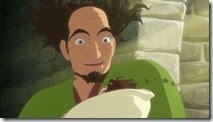 |
 |
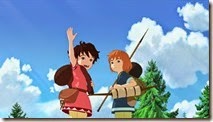 |
Sanzoku no Musume Ronja elicits a staggering range of thoughts and emotions in me.
Which, ironically, is almost the exact same lead-in I used in my First Impressions post – though I’d totally forgotten that fact when I began this one. First and foremost, I think it should be noted that Sanzoku no Musume Ronja ended up being a thoroughly wonderful series. There are flaws, of course. It’s too long, and as a result the pacing in the first cour is glacial. The CGI is better than Polygon did with Sidonia no Kishi, but still quite subpar for the character animation. And the seiyuu who played Ronja frankly isn’t very natural or childlike.
Yet, despite all that, I may just regret dropping Ronja more than any series I’ve dropped since I started this site. The second cour is absolutely fantastic, showing off all the qualities that make Ronja Rövardotter one of the greatest children’s books of the 20th Century. It’s a showcase for Miyazaki Gorou’s budding directorial vision, which began to really flower with From up on Poppy Hill and blooms gloriously here. And it could very well be the last thing we ever see from Studio Ghibli, which is a thought almost too depressing to even consider.
So in the end, Ronja the Robber’s Daughter is a series that really rewards patience – and knowing the source material, I should have had more of it. I think the events of the second cour show off why this may just be the perfect children’s story. It has everything – adventure, friendship, magic and wonder, natural beauty, humor, a few scares, and some valuable lessons about freedom, life and death that aren’t wielded like a club to the head. That’s not as evident in the first cour, but then, that’s why I think Ronja would have been even better as a one-cour series (or even a gloriously hand-drawn Ghibli theatrical film).
The heart of Sanzoku no Musume Ronja is the time Ronja and Birk spend together, and it’s when that takes center stage that the story becomes transcendent. It doesn’t hurt that Birk is a great character – whip-smart, courageous, resourceful, loyal and sardonically funny – or that his seiyuu (20 year-old Uyama Reika) is vastly superior to Ronja’s. Beyond that, their friendship is one of the most heartwarming and believable child relationships in literature. It exists here as Lindgren wrote it, free of anime tropology and modern cynicism. The innocence of their bond and the implications about their future exist side-by-side in a way that’s a Lindgren signature. Her writing can be very harsh and real, yet she always manages to convey the wonders of a child’s worldview. That’s a gift only the best children’s authors share, and Miyazaki captured it perfectly in this adaptation.
As for the finale itself, it was very much in that spirit. It deals mostly, as one would expect, with the death of Skalle-Per. Old Skalle-Per is a truly great character, a constant in the entire series, and while it was clear this was coming it still packs quite a punch. His slow and utterly natural demise is painful and very sad, but not morose – the message Lindgren gives us here is that death is very much part of the natural cycle of life (yet another interesting take on the subject from anime this week). Especially effective was showing us Skalle-Per’s memories of his younger days, holding the baby Mattis moments after he was born. It’s a beautifully told story, both by Lindgren and Miyazaki.
Interestingly, it’s Mattis who takes Skalle-Per’s death much harder than Ronja. In his way, Mattis is the most childish character in the cast, and has been from the beginning – petulant, stubborn, selfish. It was his cruel attack on Birk that was the catalyst for much of the unrest of the second half of the series. But the truth is that for Mattis, old Skalle-Per truly had literally “always been there”. If there are lessons for Ronja and Birk in Ronja Rövardotter there certainly are for Mattis too – and in the end, there is evidence that he’s started to learn them. There are things even he, the great robber chieftain, can’t control – not the death of an old man, and not the independence – or affections – of a young girl. Ending the story with Birk and Ronja going back to spend the summer at Bear’s Cave feels right because that was the most exciting and fun part of the story, but also because it reflects that Mattis is finally starting to grow up himself.
I don’t know whether Sanzoku no Musume Ronja is going to be the swan song for Ghibli, and it doesn’t seem as if Suzuki Toshio and the rest of Ghibli do either. As a series, it and Miyazaki Gorou don’t owe us anything extra – it’s not obligated to speak as Ghbli’s farewell or eulogy. But if it is, I’m not as depressed about the notion as I was six months ago. I’m just as distraught at the notion of Ghibli not making anime, but not so much that Ronja might be its last – because while this is a CGI series and that certainly does feel wrong as their final work, the fact remains that it’s a beautifully told adaptation of a timeless and brilliant children’s story brought to us by the second-generation Miyazaki. And if indeed there has to be a capstone for the Ghibli catalog, we could do worse than that.
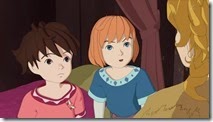 |
 |
 |
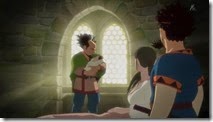 |
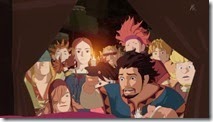 |
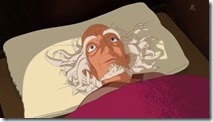 |
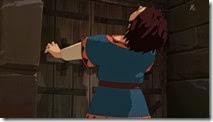 |
 |
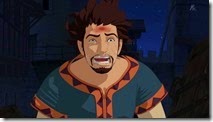 |
 |
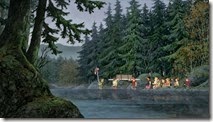 |
 |
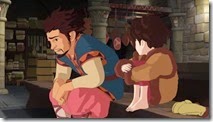 |
 |
 |
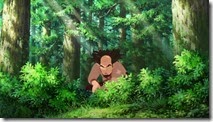 |
 |
 |
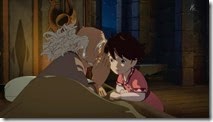 |
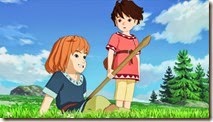 |
 |
 |
 |
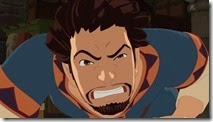 |
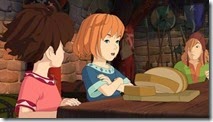 |
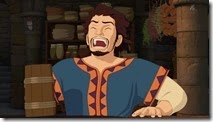 |
 |
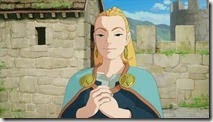 |
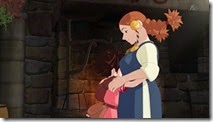 |
 |
 |
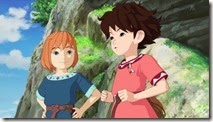 |
 |
End Card:
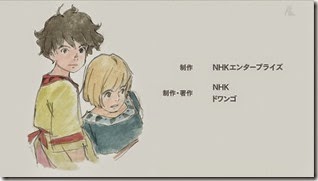 |


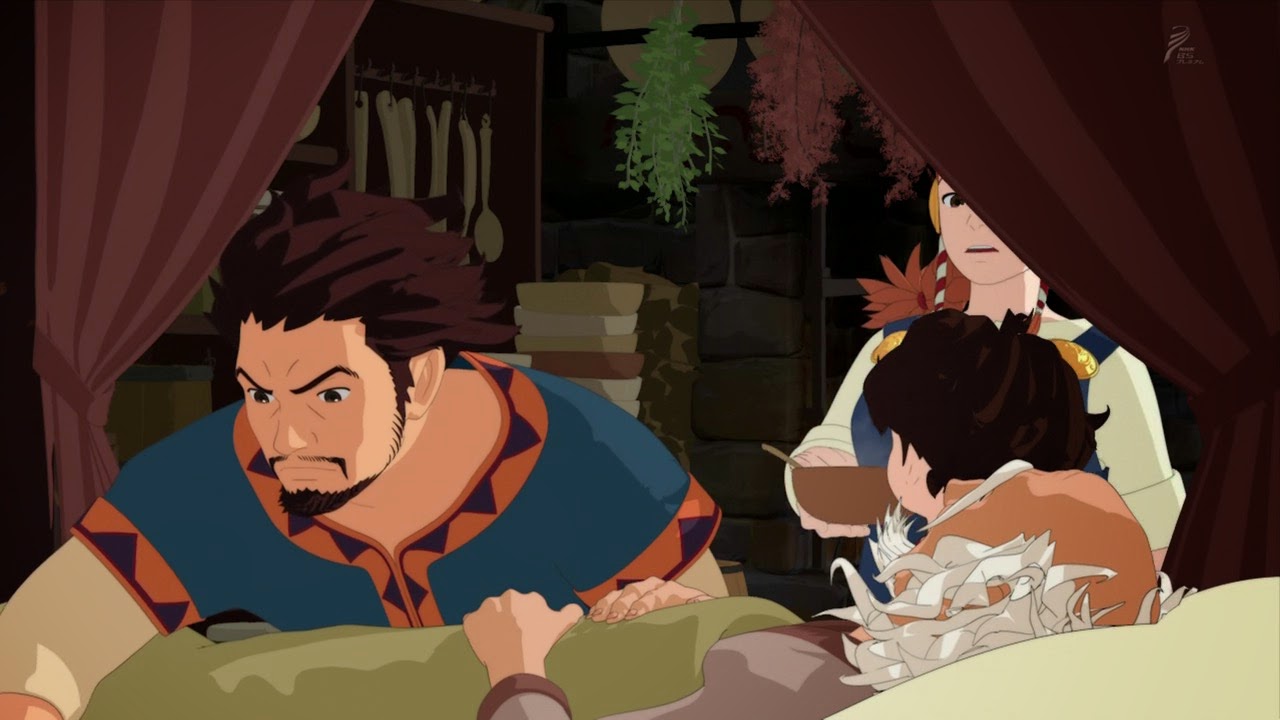
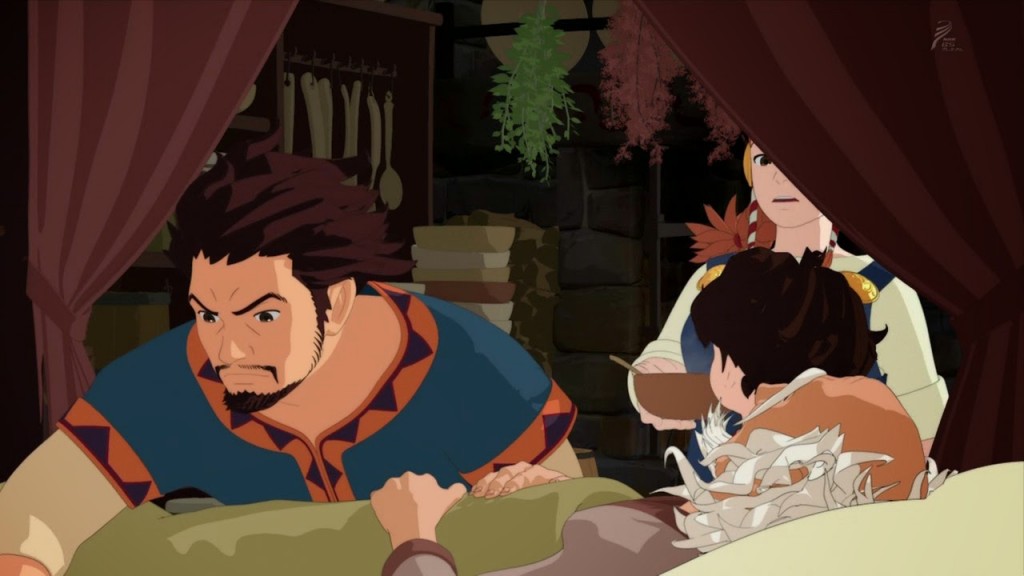
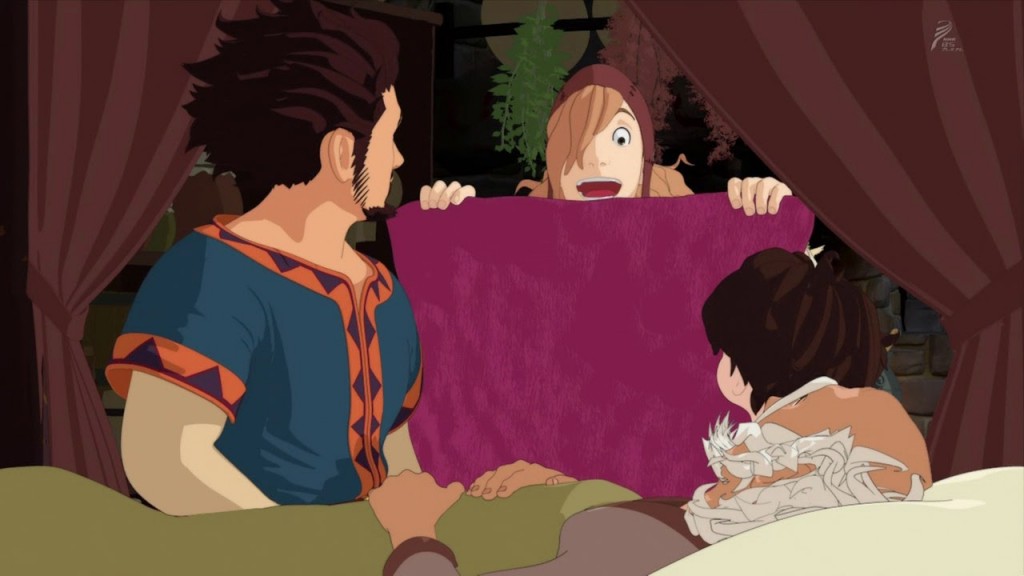
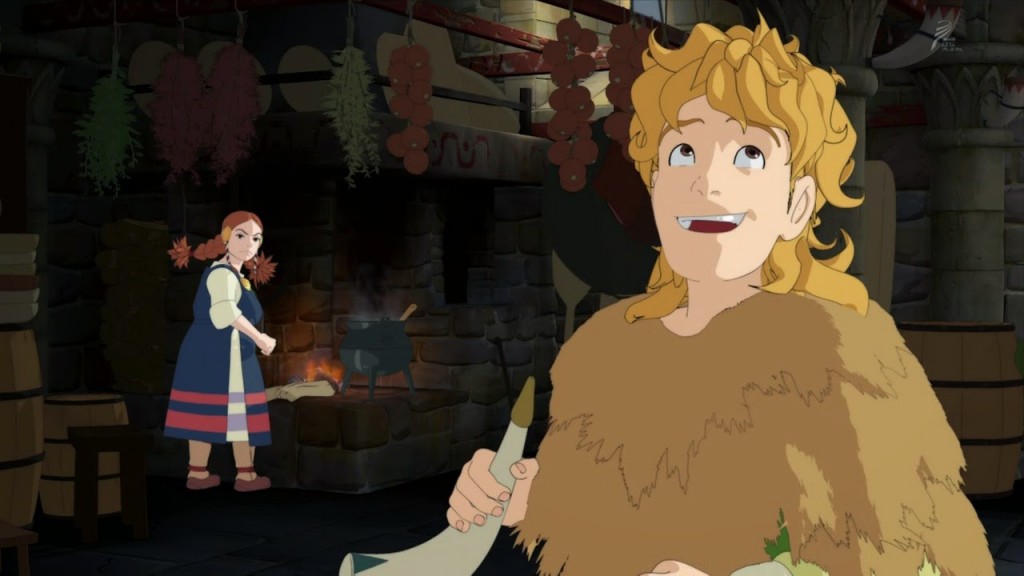
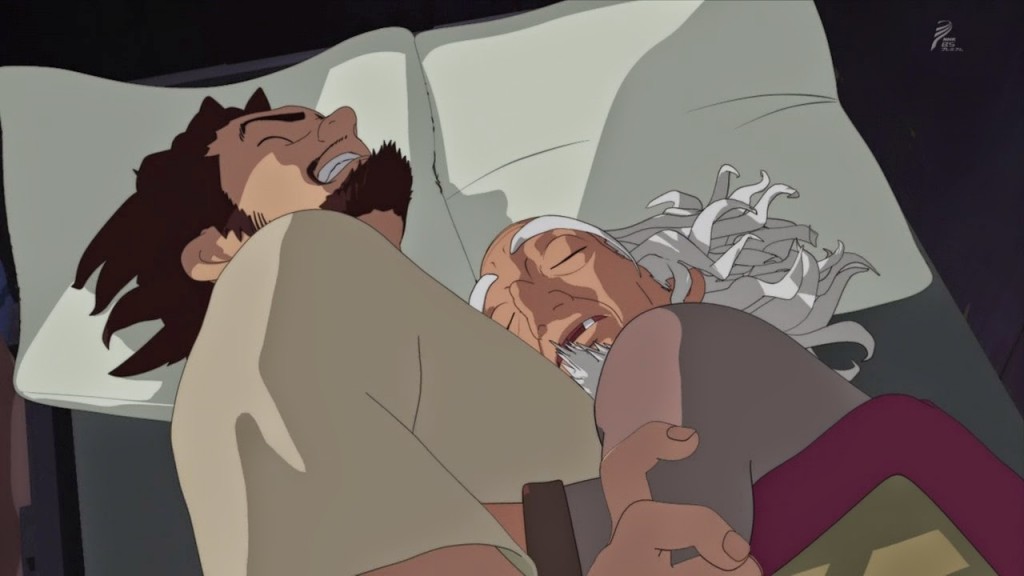
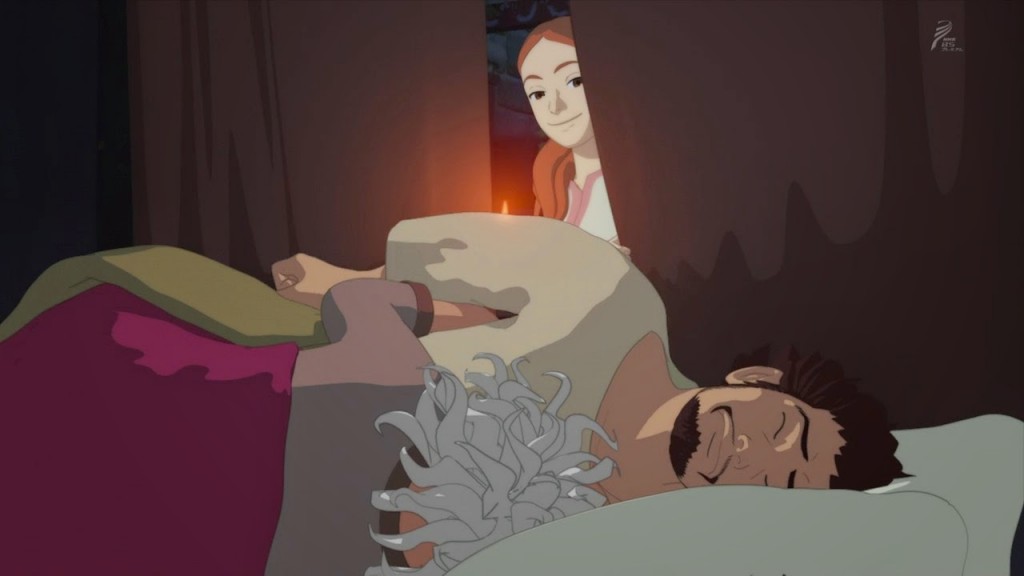
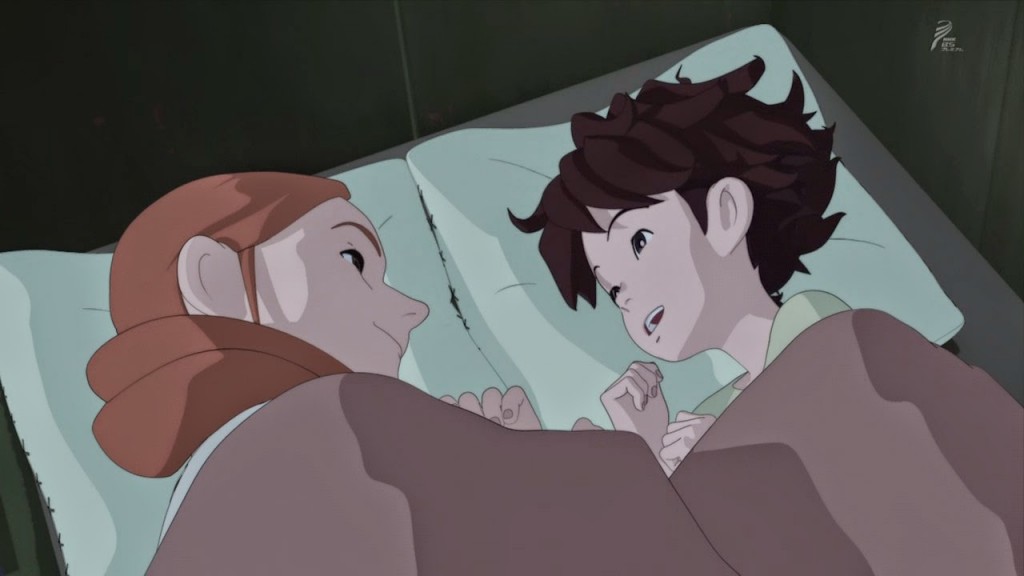
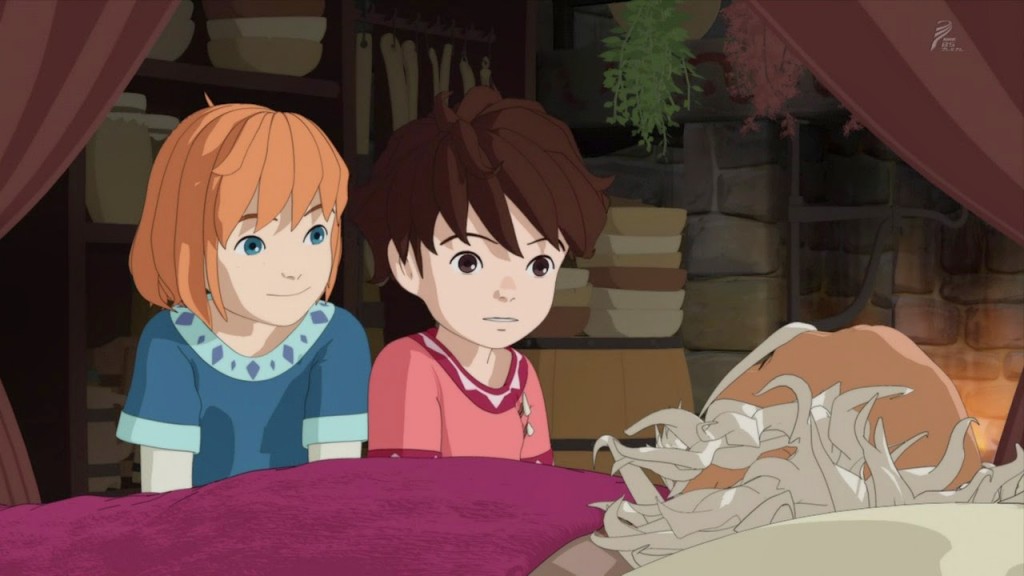
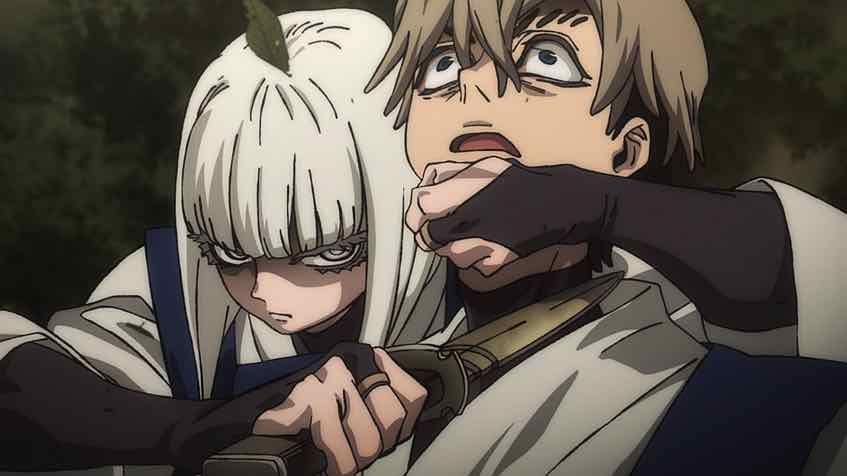
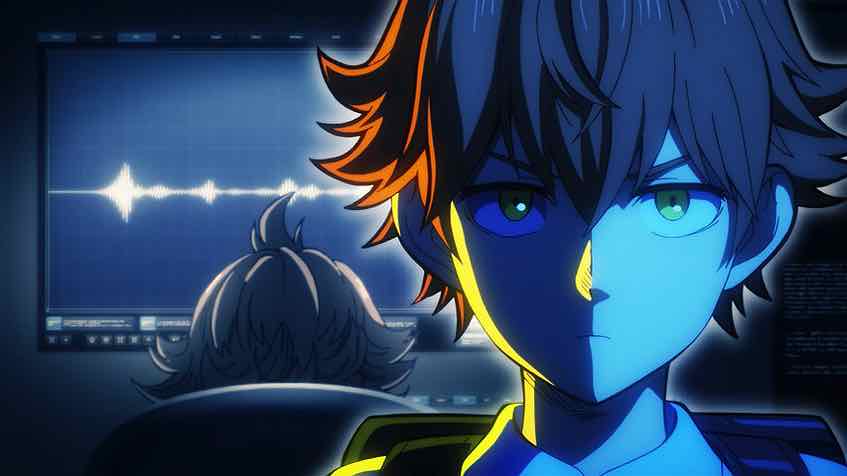
Jay Psi
April 1, 2015 at 10:34 pmI can't let the day finish without at least commenting on this series.
Although my feelings on the expected demise of Ghibli don't match yours, Ronja turned out to be a good reminder of why even I would miss the studio when it folds. Crucially (from an aesthetic point of view) the hills and other backgrounds were as beautiful as any other Ghibli production of recent memory.
I'm not sure I would call Mattis' reaction to Skalle-Per's death interesting but it gets the point across well enough – nobody can fight against the passage of time, the best you can do is learn from the lessons it gives you.
Not got much more to say though, you've covered it all for me. The way Miyazaki-G has balanced the presentation of life's harsh realities with the bemusement and wonderment of a child's point of view was nothing but true to the books (and Lindgren).
Zeta Zero
April 4, 2015 at 11:00 amGood adaptation, but I think I have issues with Lindgrens source material. I think it would have been nice to have had more episodes from the Borkas pov, simply
because Mattis was such a petulant Manchuld at times compared to the reasonable borkason.